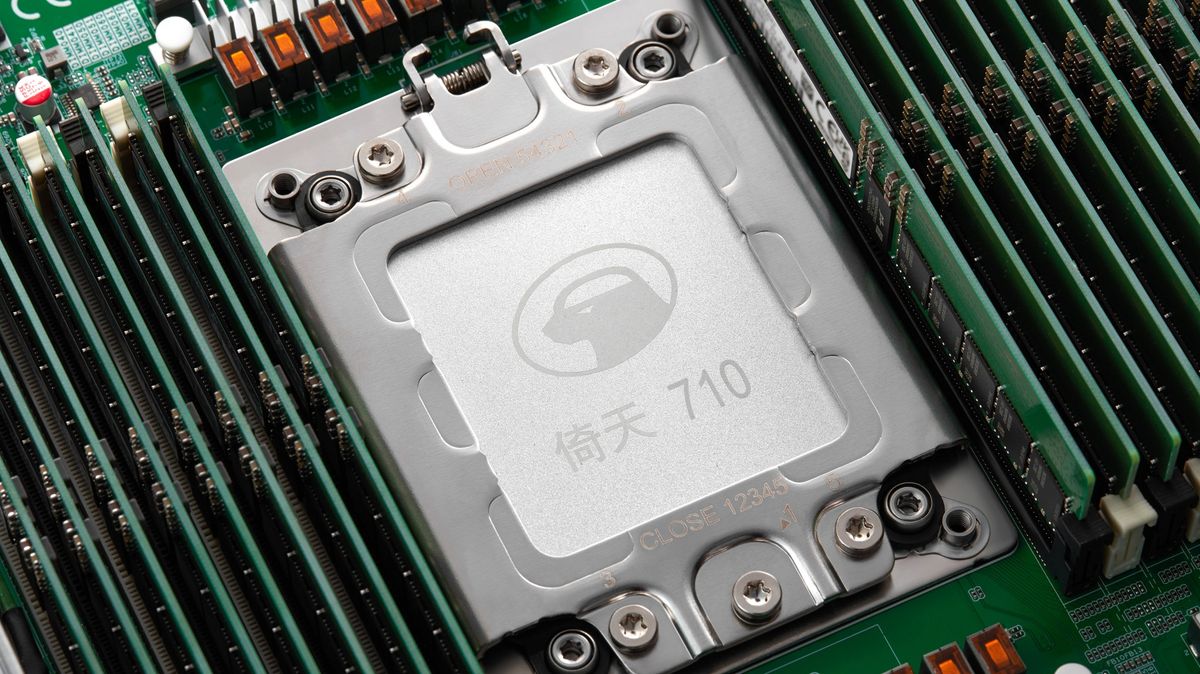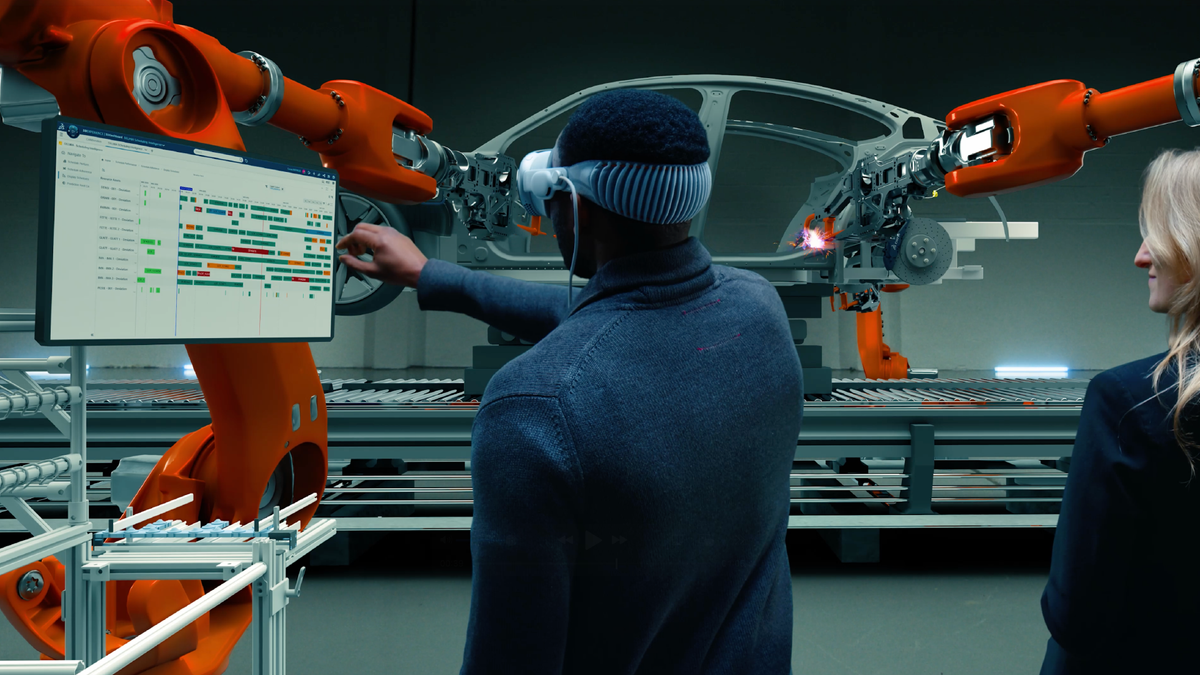Alibaba Cloud’s Yitian 710 processor is the most efficient Arm-based server processor for database tasks in hyperscale cloud environments around today, new research has claimed.
A recent study published in the Transactions on Cloud Computing journal by IEEE found the 128-core processor, developed in 2021, not only trumps rival Arm-based chips, but is reported to run circles around Intel’s Xeon Platinum (Sapphire Rapids) processor when it comes to specific database tasks in the cloud.
This finding comes from a research paper titled “Are Arm Cloud Servers Ready for Database Workloads? An Experimental Study,” produced by research assistant professor Dumitrel Loghin from the School of Computing at the National University of Singapore. The study, conducted across eight cloud servers, tested performance of five Arm-powered server CPUs, including the Yitian 710, and pitted them against Intel’s x86 Xeon Platinum 8488C processor (launched in 2023).
Showing great potential
Key players such as AWS, Microsoft Azure, and Google Cloud Platform are no strangers to 64-bit Arm CPUs, having introduced their own versions of virtual machines running on these servers. AWS’s Graviton2 and Graviton3, Alibaba’s Yitian 710, Huawei’s Kunpeng 920, and Ampere Altra CPUs used by Azure and GCP were all included in the analysis.
Alibaba’s Yitian 710 was ahead of its rivals in synthetic Dhrystone and Whetstone benchmarks and the study concluded that it, alongside AWS’s Graviton3, are genuine rivals to Intel’s Xeon CPUs, showcasing equal or even superior results for in-memory workloads. That said, for Online Analytical Processing (OLAP), Machine Learning inference, and blockchain tasks, Arm-based servers struggled to match Xeon. The lag was chalked up mainly to unoptimized software, lower clock frequency, and subpar core level performance.
You can view the full set of benchmarks in The Register’s report, which also notes that the Yitian 710 “has some inherent advantages: it uses a newer version of the Arm ISA, and speedy DDR5 RAM that some rival CPUs cant utilize.”
The report concludes that while “ARM servers spend 2X more time in Linux kernel system calls compared to Xeon servers” they “show great potential. Given their lower cloud computing price, ARM servers could be the ideal choice when the performance is not critical.”





